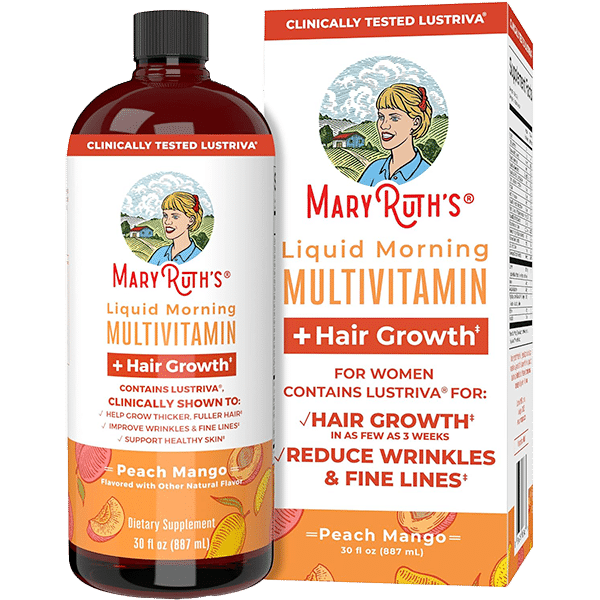In an era saturated with conflicting health advice and marketing messages, it’s important to question the sources behind the information we receive. One topic that has sparked considerable debate is the necessity of multivitamins in our daily regimen. In this post, we’ll delve into the multivitamin myth and shed light on the importance of a balanced diet for optimal health.
I love Mary Ruth’s products. Use code MROPHILC for 20% off their products on Amazon or their website!
The Multivitamin Dilemma
For years, we’ve been told that multivitamins are essential for filling nutritional gaps in our diets. However, recent studies and marketing campaigns have challenged this notion, suggesting that multivitamins may be unnecessary for those with a balanced diet.
But who’s really behind this narrative, and should we trust it?
The Role of Big Food Companies
As we delve deeper into the multivitamin debate, it becomes apparent that big food companies play a significant role in shaping our perceptions of nutrition. These companies, driven by profit margins, have a vested interest in promoting the idea that fortified foods negate the need for supplements.
However, the reality paints a different picture. Shocking statistics reveal that a significant portion of the population, both adults and children alike, fail to meet recommended fruit and vegetable intake levels. With half of children under the age of five reportedly not consuming any fruits or vegetables in a given week, it’s clear that nutritional deficiencies are widespread.
Questioning the Narrative
In light of these findings, it’s essential to question the narrative propagated by big food companies. While they may claim that fortified foods provide all the necessary vitamins and minerals, the truth is far more complex. Trustworthy sources, including farmers and nutritionists, advocate for a balanced diet rich in whole, unprocessed foods as the foundation of good health.
Reaffirming the Need for Multivitamins
Contrary to what the marketing campaigns may suggest, multivitamins remain a valuable tool for addressing nutritional gaps in our diets. Unless you’re among the rare few who consistently meet their recommended intake of fruits and vegetables, a multivitamin can serve as an insurance policy for optimal health.
As we navigate the complex landscape of nutrition and wellness, it’s crucial to critically evaluate the information presented to us. While big food companies may claim that fortified foods render multivitamins obsolete, the reality is that a balanced diet remains the cornerstone of good health. By prioritizing whole, nutrient-rich foods and supplementing as needed, we can ensure that our bodies receive the essential vitamins and minerals they need to thrive.











